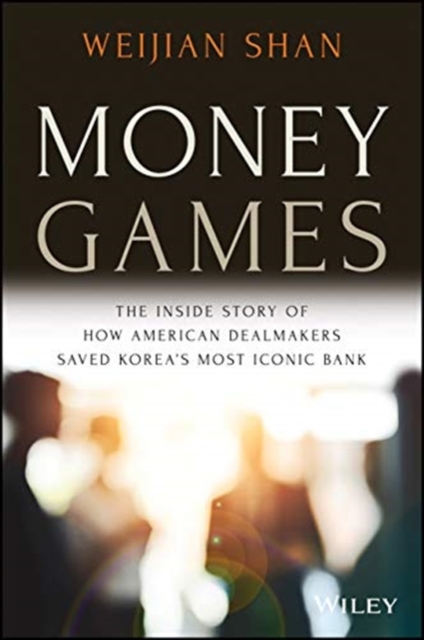CITESTE MAI MULT
Detalii
Descriere RO
To private equity investors, the making of a deal, no matter how big, complex or high profile, is only the beginning. The success or failure of the investment can only be ascertained when the investor fully exits. In between, teams of private equity professionals expend great amounts of energy and resources to create value with the acquired company, to transform it and to grow it. To exit from a big investment is often as complicated a deal as the initial acquisition -- if not more so. Any mistake in this deal cycle can lead to disaster and financial losses, erasing whatever satisfaction the closing of the transaction brought years prior, and possibly ending the careers of the dealmakers themselves. A seasoned private equity investor knows that in every deal, he is walking on thin ice with a heavy load on his shoulders, taking great care with every step to avoid falling into darkness. He can celebrate only after reaching the far shore and delivering his load to his investors.
Private equity is shrouded in mystery because no private equity dealmaker has written a full and complete story, an insider's account, of a major PE buyout deal. Until now. This book is to fill that void. It is the inside story of a profoundly impactful buyout deal, and the various twists and turns, successes and setbacks the American private equity firm encountered. But it is also the story of a country, whose modern history has been so intertwined with the United States since the Korean War, and an industry at a pivotal point in history: Korea, and its beleaguered banking system, in the immediate aftermath of the 1997-1998 Asian Financial Crisis.
The depth and severity of Korea's economic crash came as a surprise to many. And not everyone within Korea saw the deal the same way. Private equity is not only a vehicle for new capital. It can be an excellent vehicle for new ideas as well. Throughout Weijian Shan's eyes and experiences in Korea he felt that Newbridge was playing an important role in helping a struggling country achieve necessary change. It was a change that was occurring across Asia, by choice or necessity. The government-directed economic policies that had served these countries so well during Asia's decades of rapid growth had brought challenges of their own, and fixing these issues was one of the greatest challenges the region faced as it entered the 21st century.
Not everyone saw it that way, however. At the time, Korea's economic collapse, and the onerous restrictions of the IMF bailout, were the humiliation of a proud country on a global stage. Time and again during our negotiations, the government officials we dealt with would push back on a detail, or reverse the terms an agreement, often seemingly without any rational explanation. They were playing a high-stakes game of their own: to convince the Korean people that this experiment with foreign private equity was not going to end, again, in humiliation. This book is their story, too: an inside look, in real time and behind closed doors, at how a government grappled with the greatest crisis it had faced since the end of the Korean war.
EdituraJohn Wiley & Sons Inc
Dimensiuni
Data Publicarii26/11/2020
Format
Cartonata
Numar pagini352
Aceasta este o carte in limba engleza. Descrierea cartii (tradusa din engleza cu Google Translate) este in limba romana din motive legale.
Pentru investitorii de capital privat, incheierea unei tranzactii, indiferent cat de mare, complexa sau de inalta, este doar inceputul. Succesul sau esecul investitiei pot fi constatate numai atunci cand investitorul iese complet.

